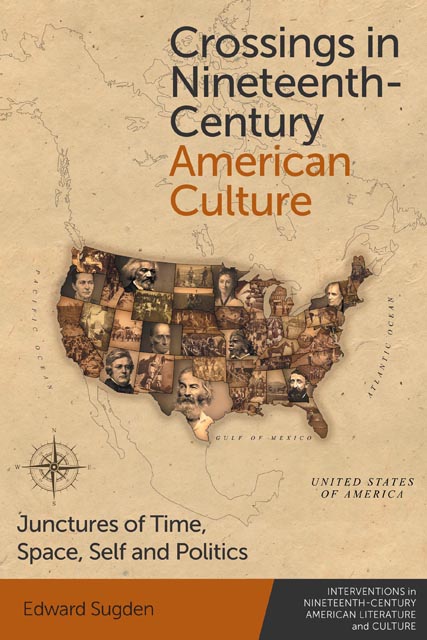10 - England/New England: A British Quaker and a Fugitive from Slavery Encounter Eac h Other on a Train, 1850
Published online by Cambridge University Press: 26 November 2022
Summary
On the morning of Monday, 15 July 1850, two strangers briefly entered each other's orbit. They were both travelling in a train going the short distance from Lynn to Boston. One of them, Wilson Armistead, was a Leeds-based Quaker merchant and abolitionist who was on a short visit to the United States combining business interests with family visits and meetings with New England abolitionists. The other, Thomas H. Jones, was a self-emancipated fugitive from Wilmington, North Carolina, who had escaped to New York the previous September and subsequently relocated to New England. Their unlikely meeting would later be described by Armistead in an unsigned series, ‘Reminiscences of a Visit to the United States, in the Summer of 1850’, which appeared sporadically in a Quaker journal, The British Friend, from November 1850 to December 1852. Details of their brief moment of crossing are sparse; Armistead affords it just ten lines, writing,
In the carriage in which I was seated were three coloured people, one of whom I found to be a fugitive from the horrors of slavery, which he had endured in North Carolina for forty-three years. He furnished me with a few particulars of his history, as [sic] also of the providential escape of his family (a wife and three children), whom he succeeded in aiding away previously. Having preserved this account, I purpose transcribing it briefly in time for your next number. (‘Reminiscences’, July 1851: 151)
Embedded deep within Armistead's text are the ‘few particulars’ with which Jones ‘furnished’ him. They comprise the first and only UK publication of The Experience of Thomas Jones, who was a Slave for Forty-Three Years. Its existence has been completely unsuspected until now. I came across it by chance, while undertaking research on Armistead's abolitionist activism in nineteenth-century Leeds. I was not looking for, or expecting to find, a previously unknown edition of a self-emancipated fugitive. My research on Armistead, a quiet Quaker merchant and devoted abolitionist, has also produced other surprises. Eight months after meeting Jones, and seven months before writing about it, he was involved in a piece of activism centring on the UK census of 1851.
- Type
- Chapter
- Information
- Crossings in Nineteenth-Century American CultureJunctures of Time, Space, Self and Politics, pp. 158 - 174Publisher: Edinburgh University PressPrint publication year: 2022

